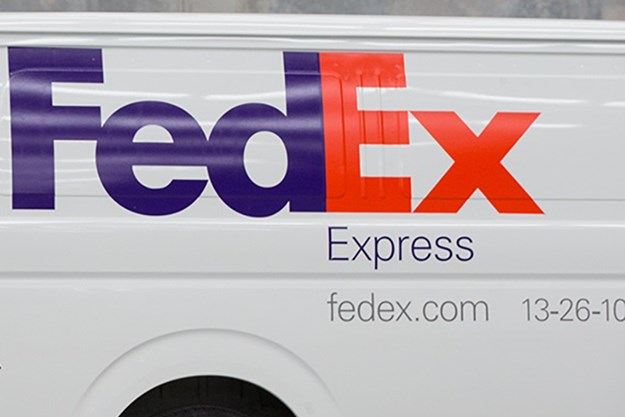FedEx defends its health and safety policies as the TWU slams the Matraville depot over inadequate action following a worker’s positive COVID test
An investigation by the national work health and safety regulator Comcare has criticised FedEx over its response to a worker at the Matraville, NSW depot who tested positive for COVID-19 in August, despite claims from FedEx that its health and safety policies are of the highest standard.
The investigation was prompted by a complaint lodged by the Transport Workers’ Union (TWU) and found FedEx guilty of multiple breaches of the Work Health and Safety (WHS) Act, including:
• Failing to ensure the health and safety of workers by allowing causal contacts of the original case to commence their afternoon shift
• Failing to adequately consult with workers about the work health and safety risks posed by the worker testing positive to COVID.
Comcare alleges in its investigation report that FedEx Australia did not comply with its duties under the WHS Act with respect to the scope of the inspection, specifically management and control of COVID-19 hazards and risk in the workplace in response to a worker testing positive for COVID-19.
FedEx, however, has countered, stating, “The health and safety of our FedEx team members, customers, and communities in which we operate is our top priority. We have robust safety measures in place, and we comply with all required COVID-19 regulations, including crew member testing upon arrival”.
RELATED ARTICLE: Strike threat over FedEx workers’ agreements
TWU NSW state secretary Richard Olsen says the investigation by Comcare was confirmation of FedEx’s cavalier attitude towards the health and safety of their workforce, and called on FedEx to urgently lift its game.
“It is against the law for a business to recklessly expose their workers to a health and safety risk – and that’s what this investigation has found FedEx management to have done,” Olsen says.
“When the TWU first raised concerns about this case, FedEx management accused the Union of making ‘inaccurate allegations’. This investigation by the regulator makes it crystal clear that the only ones telling lies are FedEx management.
“FedEx management need to issue an apology to the workers whose health and safety they recklessly jeopardised and give a commitment that this will never happen again.
“While it’s disappointing that the regulator won’t be taking any further action against FedEx over these breaches, it’s clear that the days of FedEx putting profits first and worker safety last must end now.”
The TWU alleges that FedEx management was alerted at around 1:30pm on August 16 that a worker at their Matravillle site had tested positive for COVID, but despite this allowed a shift change to occur as normal at 2:30pm. In that shift change, several workers entered the site who were later deemed close contacts and have since been ordered into self-isolation.
After worker health and safety representatives learned of the situation several hours later, they immediately directed all workers to cease unsafe work under the Work Health and Safety (WHS) Act and contacted the TWU who lodged a complaint with Comcare.
In contrast, FedEx says it complied with all NSW Health requirements, including contact tracing following the team members positive test.
“We also completed a deep clean of the facility and equipment. We are taking all necessary precautions and following guidance from government authorities related to the reporting and containment of COVID-19,” FedEx said in a statement.
“Whilst Comcare inspected the case at Matraville, the report indicated that FedEx has robust processes in place to ensure that risk of COVID-19 infection at the workplace is minimised and team members are consulted. The inspection was completed with no further action for FedEx.”
The TWU says the incident comes as around 4,000 FedEx workers across the country are voting to gain the right to strike, after FedEx tried to force through an agreement with less-than-inflation pay rises, inadequate superannuation increases and no guarantees against outsourcing.



